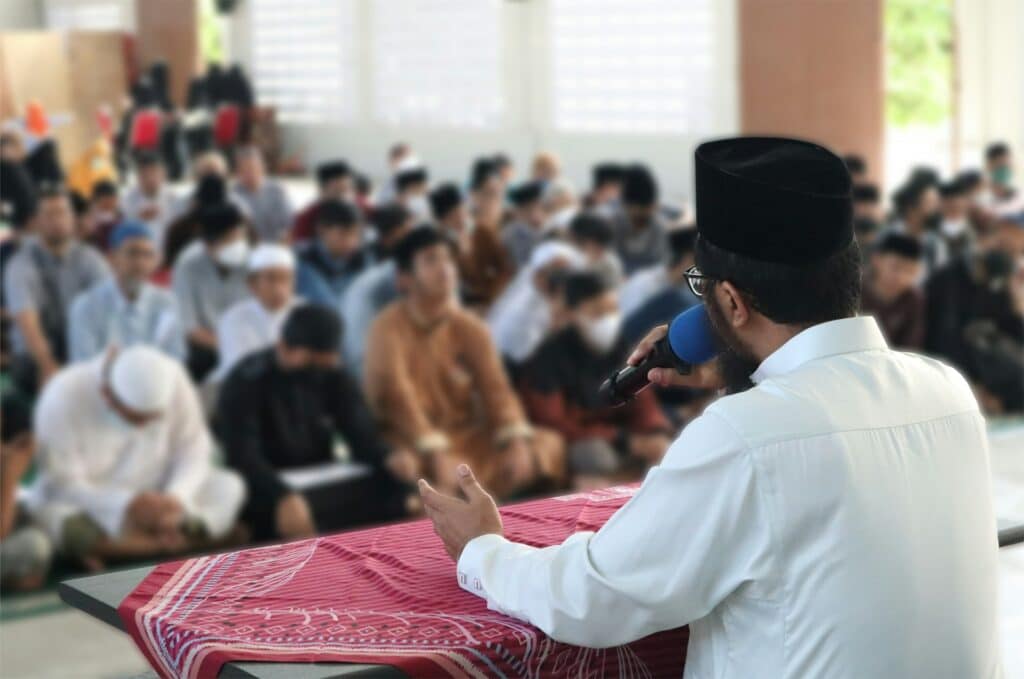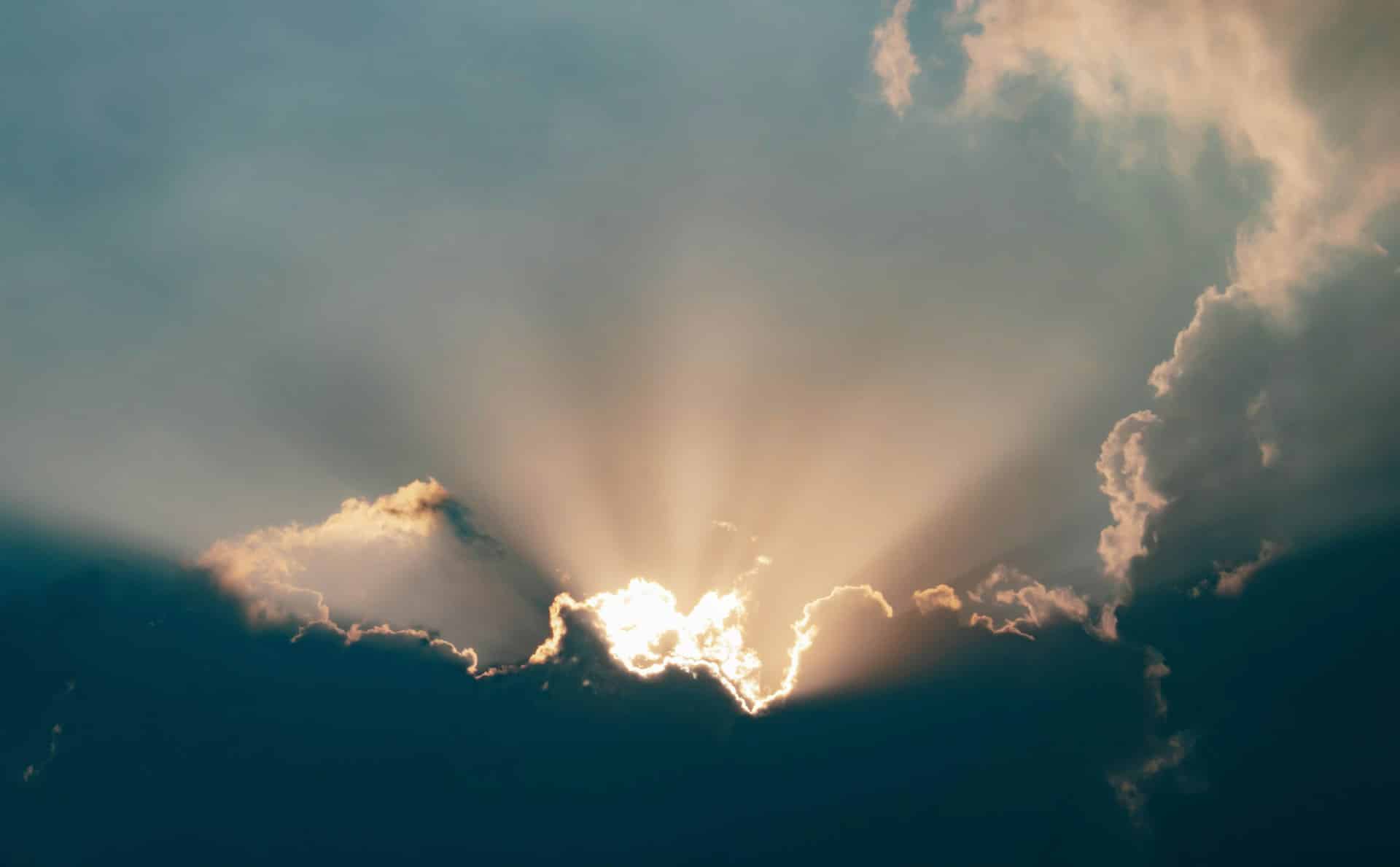We are fond of saying that the wilderness teaches.
We’ve explained what we mean several times in the past, but we like to revisit the statement for a couple of reasons.
First of all, it would be really arrogant to assume that you have come across our statements previously. Not sure where you’ve been these last thirteen years, but welcome and you’ve got some catching up to do.
Secondly, what we mean is often changed and expanded by our own learning and experience. After all, our work is nothing if not our own protracted meditation on the centrality of wilderness in the life of a Muslim. And as Muslims, we recognize the value of things like contemplation and accountability.
It’s only responsible that we continually revisit our ideas and operating principles.
Who Really Teaches?

We’ll get the more obvious stuff out of the way, but hang in there because things will get really interesting in a bit.
When we say “the wilderness teaches,” of course we mean the same thing that every Muslim means when they talk about their teachers: in reality, only God teaches.
If you have a favorite cleric, preacher, mentor, or saint, someone whose words and actions continue to benefit and edify you, you must know that such is only by the permission of God Most High. It was God who created this person, God who gifted your teacher with understanding and approachability, and God who gifted you with the receptivity, affinity, and comprehension to benefit. There is nothing in this relationship apart from what God has decreed.
And this is exactly what we mean when we say the wilderness teaches. It is God who teaches through the wilderness. This is an implicit attribution assumption that we as believing people must have whenever we are talking about anything. There is nothing that exists except that it is by the will and permission of God Most High.
With Him are the keys of the Unseen; none knows them but He. He knows what is in land and sea; not a leaf falls, but He knows it. Not a grain in the earth’s shadows, not a thing, fresh or withered, but it is in a Book Manifest.
Q6:59
God’s Knowledge is creation. His Infinite Awareness is experienced by us as finite revelation. For God, all things are present at all times. In contrast, we are contingent beings with just enough perceptual ability to recognize snippets of His Revelation as moments in time.
We don’t always point this out because it’s cumbersome. And besides, this principle of all things being attributable to God is enshrined in the first half of the Muslim’s testimony of faith:
There are no gods but God (la illaha il Allah)
Attribution stops right there. Whatever appearances may be, there is nothing apart from the Might, Power, and Decree of God Most High. Even so, the believer’s paradigm recognizes that the point of God’s Decree is to invite a response from us, the noblest of which is gratitude:
He who does not thank the people is not thankful to God.
Sunan Abi Dawud
This principle is covered in the second half of the Muslim’s testimony of faith:
And Muhammad is the Messenger of God (Muhammad ar-rasool Allah)
While all things are ultimately attributable to God, His Decree manifests through creation. This gives us an opportunity to internalize an instructive association between what God has manifested and the created vehicle through which the manifestation has reached us. If God has chosen that beneficial knowledge should reach us through a particular individual, the best of us will offer our gratitude to that person (perhaps by offering a thank-you or a prayer on their behalf), but all of this in a demonstration of good manners before God.
And if God should manifest hardship and wickedness through a person, our gratitude for His having done so may be demonstrated through an avoidance of that individual, or perhaps through warning others about what has befallen us through this person so as to minimize the harm that God Most High has associated with this rogue.
We hope we have made it clear that in saying “the wilderness teaches,” we are communicating that it is only God who teaches. Further, we believe he does so through the wilderness and this requires an expression of gratitude to the wilderness from us.
But what does that mean?
Wilderness

Gratitude before the wilderness means showing respect and humility.
And by wilderness, we mean creation as yet uninterpreted by man.
God creates all things. We’ve already covered that. And among the things that God creates are creatures capable of using what God has created to make new things. Except they’re not really new, at least not in substance. It’s maybe more accurate to say that created things may be repurposed by other created things with new and interesting results, often beneficial to more than one species, though not always.
Termites build mounds in the African savanna. These architectural wonders are fantastically ventilated, brilliantly engineered structures made of mud, dung, and saliva, almost like a prototypical adobe. Combining aeration with these compostable elements enriches the mound, which, elevated as it is, avoids submersion during the savanna’s wet season when much else is flooded. Termite mounds become fertile islands of abundance, hosting all manner of grasses and trees and the herbivorous animals that enjoy such fare.
Beaver dams are similar. These wonderful creatures fell trees to stem the flow of running water, creating pools wherein they construct their homes. Among a host of other benefits, these beaver ponds provide habitat for fish and help to replenish our groundwater supply.
The termite and the beaver interpret the wilderness through these behaviors. Entire ecosystems are recalibrated through their presence, often with a net positive effect for most (if not all) life within the system.
Man similarly interprets his environment, also recalibrating the ecosystem, though not necessarily with consideration or benefit to others. And here’s where we get to the crux of things.
As Muslims, we believe that man is differentiated from all other creation (excepting jinn) through our sense of will. This capacity allows us to respond to the world through other than simply instinct. We are mobile, curious, creative, and, within certain parameters, famously collaborative. All of this and more contributes to our status as the apex species of any environment we find ourselves in.
Man interprets wilderness also, but without subtlety.
Under our influence, the wilderness is entirely subjugated.
Dominion

Trees and stones are replaced by buildings and roads. Waterways are tamed by concrete culverts. With such environmental upheaval, animals flee or die, though some may try to adapt.
However, these attempts at adaptation often put humans and other creatures into conflict. Termites do not have an agenda to devour human habitation. But when we rob them of the trees they need to survive, using that material to construct our homes, their survival instinct compels them to make use of the lumber at great cost to us.
We respond by gassing them, just as we trap the beavers who suddenly find themselves in conflict with encroaching farmland. We refuse to tolerate the attempts of creation to balance our presence.
We insist on dominion.
Wilderness interpreted by man often exudes a sense of arrogant and remarkably short-sighted triumph. We employ our will primarily in the service of ourselves and this selfishness is unavoidably incorporated into our urban planning. We must recognize that when we choose to situate ourselves within human communities, we are also choosing to expose ourselves to the net environmental effect of man’s hubris.
Where the wilderness is interpreted by other species, those created (according to Islamic tradition) without will, there is present an entirely different aura. There is profound balance, elegant and tense. The wilderness uninterpreted by man soothes as readily as it terrifies. It is both welcoming and hostile. We sense that there is tremendous healing and inspiration in such places, but also that a lack of caution or respect invites injury and even death.
It is similarly our belief as Muslims that angels are created without will. They exist to serve in the realm of the unseen. They dispatch their duties with dispassionate efficiency. Some are tasked to deliver guidance and protection, while others have far less pleasant responsibilities.
And while we can only speculate on matters of the unseen, we cannot ignore the parallels between the angelic realm and the wilderness. Both the angelic and wild are transparent expressions of God’s untempered Decree. When we venture forth into wild places, we are surrounded by whatever it is that He Desires for us, whether His Mercy or His Rigor. This is true in all places and all circumstances, of course, but there is a welcome clarity that attends His Decree when outside and away from the egocentrism of human congress.
While we admit to a general and worsening misanthropy, we still believe that all things are better shared. We do not yet prefer to be alone in the wild. We desire the company of other people, goodly companions with whom we might converse and reflect and worship.
But not too many people, for our presence tames the wilderness, impresses too radically upon it our complaints and desires.
Our wish, rather, is to remain surrounded, outnumbered by both the angelic and wild.
Leave a comment below for posterity or join us in the D&T Chautaqua Discord to discuss this post with other adventurous spirits from around the world.

Great deflection Mashallah. This reflection reminds me of the prophet Solomon PBUH and the ants. How they were certain that they would be stepped on, and he replied to comfort them. Allah granted us dominion by subduing the other creatures to us, with the responsibility and direction to not to abuse that power. Makes me wonder if the prayer of the oppressed being accepted by Allah extends to all of his creatures 🤔.
Jazakallah khair, I’ve learned a lot from this. There’s a lot to reflect on here